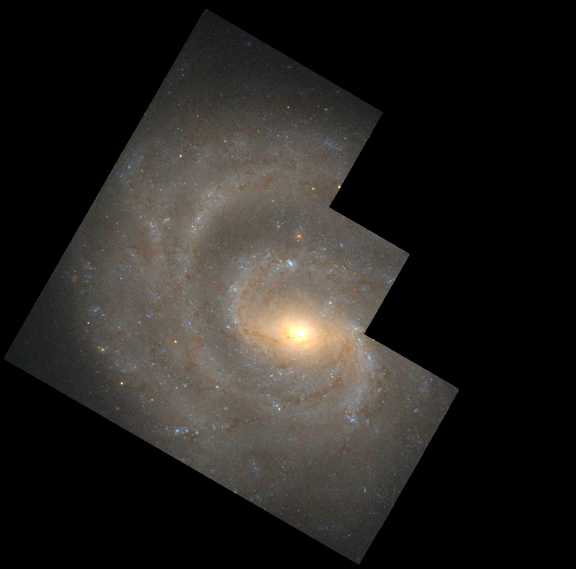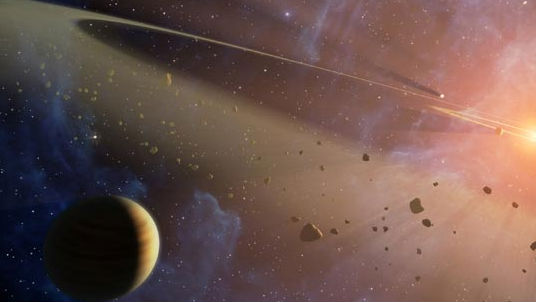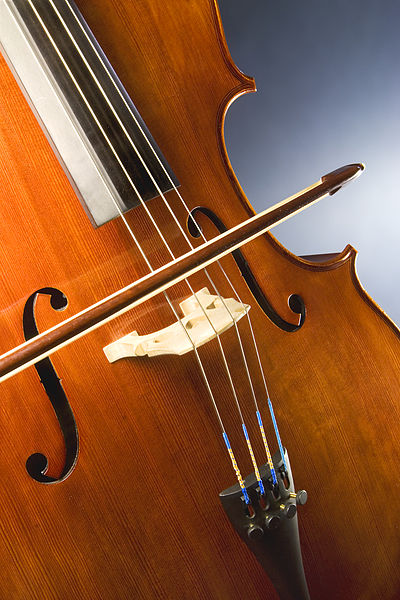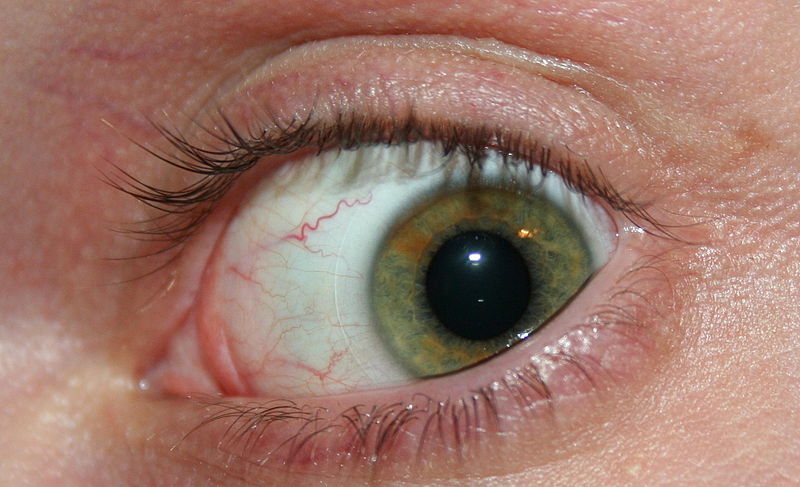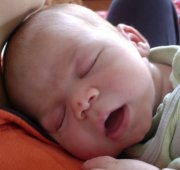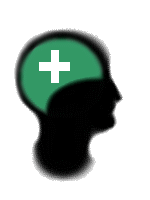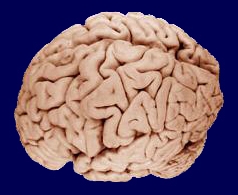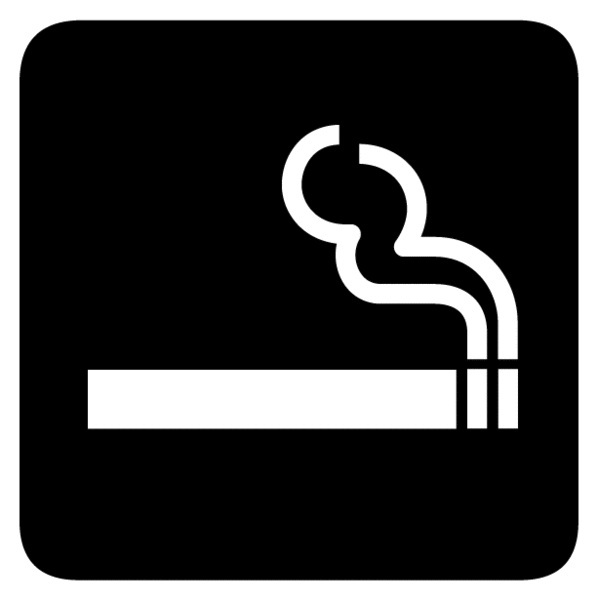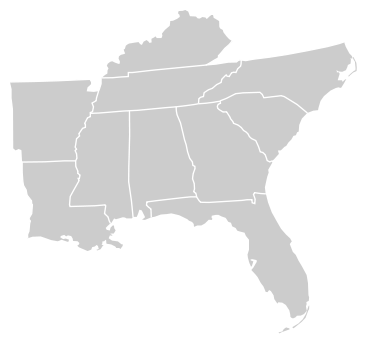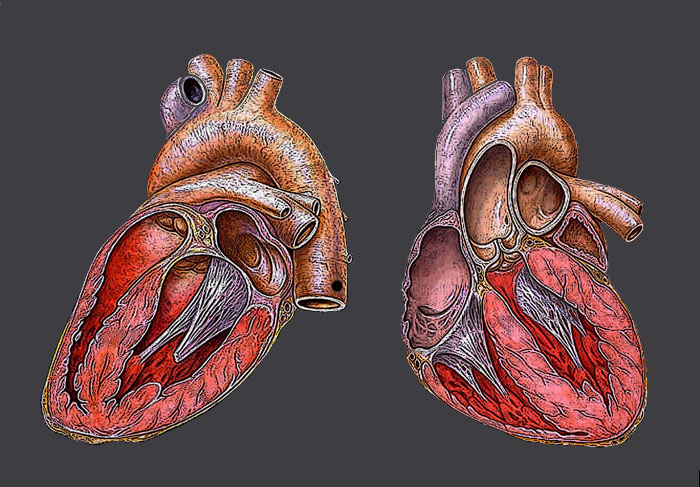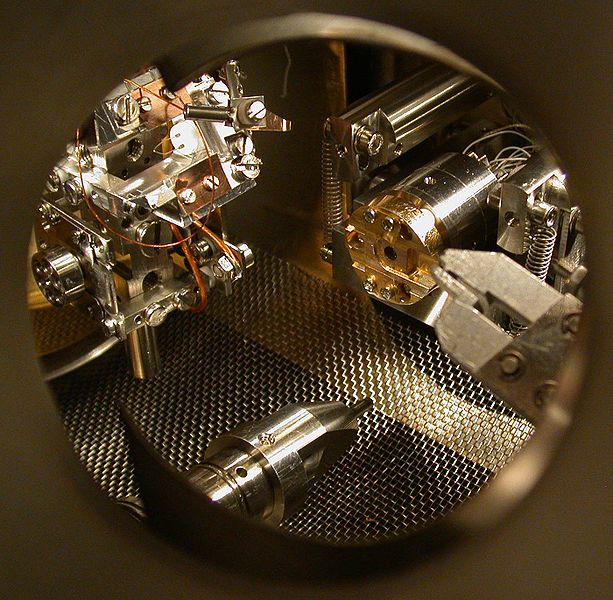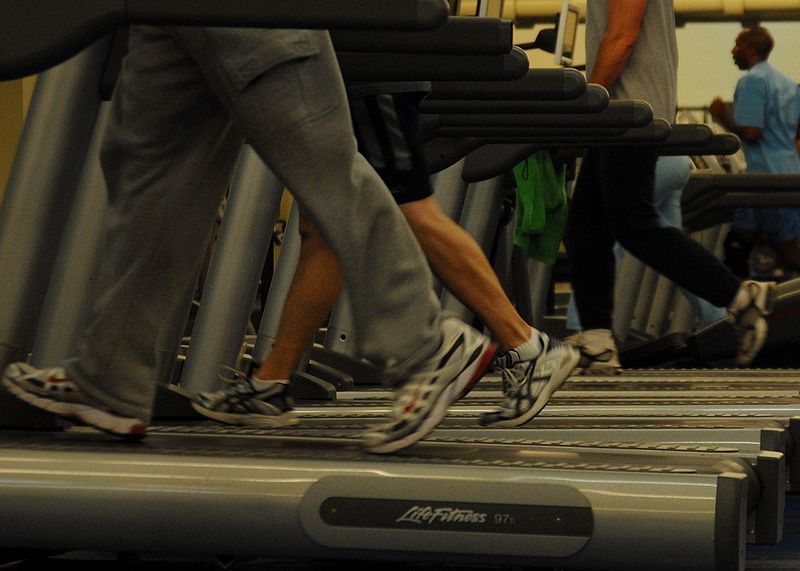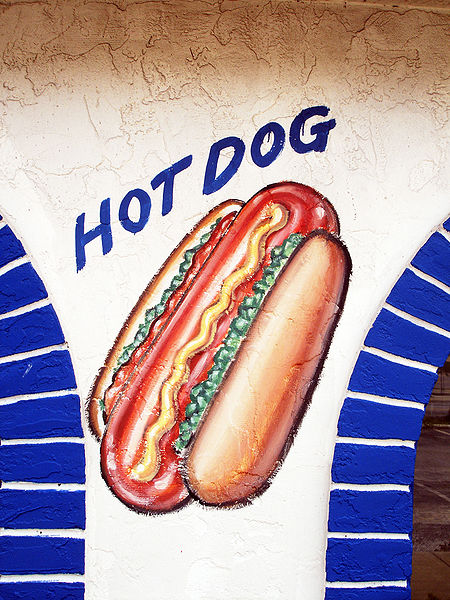Surprising Science
All Stories
One of the strangest theories to come out of theoretical physics is that the universe is a projection of a two-dimensional shell. New evidence suggests this hologram theory is false.
Which scientific idea–offered up by experts such as Ray Kurzweil, Michio Kaku, Stephen Hawking and others–will impact our world the most? See our top contenders and vote for your favorite.
After hacking Sony’s corporate headquarters, the hacker group Lulz Security became infamous for its blend of humor and unapologetic data theft. New Scientist interviews one of its members.
Laptop orchestras transcend “old world” performances by offering a new way for people to make music together, challenging the notion of what’s considered a musical instrument.
New research from Cambridge University indicates that a third of people have felt overwhelmed by new communication technologies, though children still prefer face-to-face interactions.
Parents, beware waiting until your baby nods off before arguing over the housework—new research from King’s College London suggests the sleeping infant will still be listening in.
Screening teenagers for mental illness should become routine in doctors’ offices nationwide as a part of preventative care, experts from the nonprofit program TeenScreen have said.
Have you ever made a mistake while trying to execute the most rudimentary of tasks? Scientists have begun to understand why the brain sometimes loses its concentration for no good reason.
Since 2007, legislative concessions won by the National Rifle Association have made it easier for the mentally ill to reclaim their right to bear arms, sometimes with terrible consequences.
In numerous health surveys around the world many smokers report that graphic images motivate them to quit. Non-smokers say they feel deterred from ever picking up a pack.
In recent years H.I.V. has begun to take a disproportionate toll on the southern U.S., including rural areas. What explains the disturbing numbers, and what can be done about them?
The secret to “mending broken hearts” has been discovered by scientists examining ways of repairing damaged tissue after heart attacks by using proteins similar to insulin.
Cancer research has found that injecting mice with tiny magnets and turning up their body heat eliminated tumors from the animals’ bodies with no apparent side effects.
Pounding away on a machine is so boring—unless you’ve got Keith Richards with you. Author Julia Sweeney explains how she got hooked on audiobooks and learned to love exercising.
Poor regulatory standards make it nearly impossible for consumers to get the truth about the presence of the cancer-causing preservatives nitrate and nitrite in their hot dogs.
The idea of collecting solar energy in space and beaming it to Earth has been around for at least 70 years. English researchers now hope that it will become a reality within a few years.
Equipping robots with language and learning capabilities could take some of the heat off human handlers, enabling the robots to navigate tough tasks in small groups.
A computer chip marinated in neurons and stem cells creates super bursts of activity that could one day stimulate quiet areas to reboot after a stroke or other brain damage.
Asteroid 2011 MD reached its closest point to Earth when it crept within 7,500 miles of the planet’s surface—closer than some satellites—before whipping away again like a slingshot.
A new study by Google projects that aggressive investment in clean energy technologies would add $150 billion in additional economic output and create 1.1. million new jobs by 2030.
Due to carbon laws, European airline carriers are placing orders for biofuels. Last week, for the first time, a jumbo jet used a blend of biofuel and kerosene on a transatlantic flight.
More than 1,000 new species have been discovered in New Guinea in a 10-year span, according to a new report from the conservation organization World Wildlife Fund.
The human exploration of Mars is not a task for some future generation. It is a task for ours, says aerospace engineer Robert Zubrin. In his new book, he details a feasible plan.
Astronomers have been actively searching for extraterrestrial civilizations for the past 50 years, but so far have come up empty. Now a top Russian astronomer predicts the “eerie silence” will be broken by 2031.
The Master Chef, part-time Paleontologist, and former Chief Technology Officer for Microsoft, Nathan Myhrvold, offers a scientifically-informed approach to the ancient human art of cooking.
China is tobacco’s biggest stronghold. After years of working in vain, anti-smoking activists are trying a new tack in China: using economic rather than health and morality arguments.
A recent study published in Nature examines the neurology behind the tendencies of urban dwellers to develop anxiety and eating disorders at higher rates than their rural brethren.
A shocking discovery in the science of taste indicates that the source of gustatory pleasure comes after we eat food. It seems our guts prefer animal protein despite what we make our diet.
University of Michigan scientists have demonstrated how memory circuits in the brain refine themselves in a living organism through two distinct types of competition between cells.
Mind reading may now be a reality. U.C.L.A. psychologists recently used fMRIs to study whether or not these brain scans could predict how persuasion changes people’s behavior.
